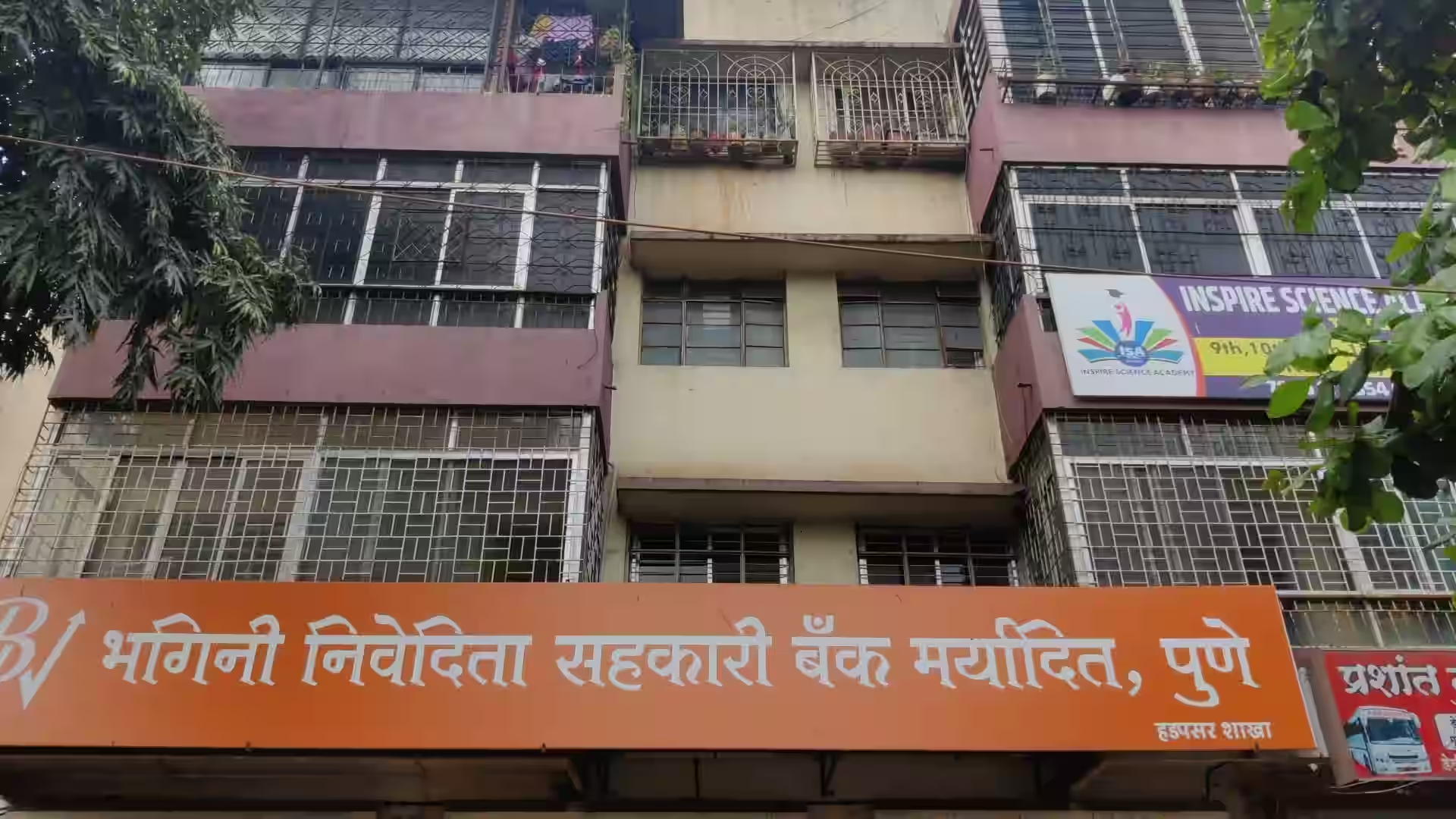Bhagini Nivedita Sahakari Bank, based in Pune, Maharashtra, stands out as a distinctive player in India’s cooperative banking sector. Established in 1974, it has made a mark for itself as a bank founded for women and by women, an initiative rare in Indian banking history. Over the years, Bhagini Nivedita Bank has not only provided essential banking services but has also contributed to women’s empowerment, promoting financial independence and supporting small-scale businesses.
Origins and History
Bhagini Nivedita Bank was founded with a clear mission: to empower women by giving them access to financial services. The bank was named after Sister Nivedita (Margaret Noble), a disciple of Swami Vivekananda and a woman known for her contributions to India’s education and social welfare sectors. Her ideals inspired the founders to create a bank that would help women participate in economic activities and entrepreneurship.
The bank’s founding in 1974 was driven by a group of women activists and professionals from Pune, including Kamaltai Thigale, with the aim of catering to the financial needs of women who, at that time, had limited access to banking services. Its unique vision, coupled with a strong social purpose, made Bhagini Nivedita Bank an important institution in Maharashtra’s cooperative banking space.
Objectives of Bhagini Nivedita Sahakari Bank
The primary objectives of Bhagini Nivedita Bank revolve around financial inclusion, with a strong emphasis on supporting women:
- Empowering Women Economically: The bank’s foremost goal is to provide women, particularly those from economically weaker sections, with opportunities to become financially independent. By offering savings accounts, loans, and other financial products tailored to women’s needs, it enables them to manage their own finances.
- Promoting Financial Literacy: Alongside banking services, Bhagini Nivedita Bank has focused on educating women about the importance of savings, investments, and credit management. This not only helps women manage their own financial affairs but also contributes to a broader culture of financial literacy in society.
- Supporting Women Entrepreneurs: One of the standout objectives of Bhagini Nivedita Bank is to assist women in starting their own businesses. By offering microloans and business financing options, the bank has helped numerous small-scale women entrepreneurs take their first steps toward self-reliance.
- Promoting Self-Help Groups: Bhagini Nivedita Bank is also instrumental in nurturing self-help groups (SHGs) among women. These groups not only encourage collective savings but also serve as platforms for women to share knowledge, resources, and support for their economic activities.
Landmarks and Achievements
Since its inception, Bhagini Nivedita Sahakari Bank has made several significant achievements:
- Rapid Growth in Membership: What started as a small cooperative initiative in Pune has grown to thousands of members over the years, with women forming the bulk of the customer base. The bank has also extended its services to other parts of Maharashtra, reinforcing its role as a key player in financial inclusion.
- Technology Integration: Despite its cooperative nature, Bhagini Nivedita Bank has adopted technological advancements to keep pace with modern banking needs. The bank has introduced core banking solutions (CBS) and other digital services that enhance customer experience and operational efficiency.
- Empowering Small-Scale Entrepreneurs: The bank has funded numerous women-led small businesses, supporting ventures in sectors such as handicrafts, food processing, and retail. Through its microfinance initiatives, Bhagini Nivedita Bank has enabled women entrepreneurs to thrive in competitive markets.
- Social Impact: Beyond financial services, the bank has contributed significantly to social causes, including women’s education, health awareness, and community development projects.
Pros of Bhagini Nivedita Bank
- Strong Focus on Women’s Empowerment: Bhagini Nivedita Bank’s unique commitment to women’s financial independence has made a notable impact on the socio-economic conditions of women in Pune and beyond.
- Tailored Financial Products: The bank offers customized loan schemes, savings products, and credit options that cater to the specific needs of women, particularly those starting new businesses or seeking microfinance opportunities.
- Community-Centric Approach: Unlike larger commercial banks, Bhagini Nivedita Bank maintains a community-focused ethos, emphasizing local development and promoting the welfare of its members.
- Support for Self-Help Groups: By promoting SHGs and micro-savings, the bank fosters a collaborative approach to financial independence, enabling women to pool resources and benefit from shared financial growth.
Cons and Challenges
- Limited Geographical Reach: While Bhagini Nivedita Bank has made significant strides in Pune, its reach outside Maharashtra remains limited. For a bank with such a strong social mission, expanding its footprint could further amplify its impact.
- Competition from Commercial Banks: As major commercial banks increasingly cater to the same customer base through digital platforms and inclusive banking initiatives, Bhagini Nivedita Bank faces stiff competition, particularly in terms of product offerings and convenience.
- Cooperative Sector Limitations: Being part of the cooperative banking sector comes with its own set of challenges, such as limited access to capital, regulatory constraints, and the need for stronger corporate governance.
Conclusion
Bhagini Nivedita Sahakari Bank holds a special place in India’s cooperative banking landscape due to its unique focus on empowering women. From promoting financial literacy to supporting female entrepreneurs, the bank has made substantial contributions to the financial independence of women, particularly in Maharashtra. Its strong community ethos, tailored products, and technological adoption have helped it stay relevant despite challenges.
For the future, Bhagini Nivedita Bank’s main task will be to expand its services geographically and enhance its digital offerings to stay competitive in the evolving financial ecosystem. Nonetheless, it remains a powerful example of how banking can be a tool for social change and empowerment.





